Engineering education plays a crucial role in preparing students for future careers in STEM by fostering hands-on learning, problem-solving, and creativity. By integrating hands-on learning, problem-solving, and creativity, engineering education helps students develop the technical and critical-thinking skills needed in today’s workforce. Career and Technical Education (CTE) programs, alongside innovative engineering tools and curricula, bridge the gap between classroom learning and real-world applications. Integrating a strong STEM curriculum ensures these programs develop foundational skills for all students.
From elementary to high school, students can engage in engineering through hands-on experiences that foster innovation and career exploration. Let’s explore some cutting-edge STEM products that bring engineering education to life, helping students develop essential skills that prepare them for careers in engineering and beyond.
1. Lectec STEM Electric Vehicle Kit & Curriculum (CTE & K-12)
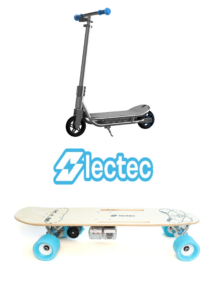
The Lectec STEM Electric Vehicle Kit is an exciting way for students to explore engineering through hands-on learning. This kit allows students to build and test their own small-scale electric vehicles, providing a real-world connection to automotive and electrical engineering concepts. Students gain problem-solving skills through design challenges while understanding key engineering principles such as circuitry, propulsion, and sustainability.
Lectec’s CTE-aligned curriculum expands these learning opportunities to middle and high school students, offering structured lessons integrating career-focused engineering skills. By combining Lectec with a STEM curriculum, students not only learn engineering concepts but also strengthen math, physics, and technology competencies.
2. Strawbees: Hands-On Structural Engineering & Design
 Strawbees is a creative construction system that allows students to build and test structures using simple connectors and straws. This open-ended engineering tool supports STEM learning by encouraging students to experiment with different designs and develop structural engineering concepts. Through trial and error, students gain a deeper understanding of forces, stability, and problem-solving.
Strawbees is a creative construction system that allows students to build and test structures using simple connectors and straws. This open-ended engineering tool supports STEM learning by encouraging students to experiment with different designs and develop structural engineering concepts. Through trial and error, students gain a deeper understanding of forces, stability, and problem-solving.
Strawbees also helps students explore architecture, civil engineering, and industrial design careers. The hands-on experience encourages c
reativity and innovation, showing students how engineers design and build real-world structures. Integrating Strawbees into a STEM curriculum enhances collaboration, critical thinking, and design thinking skills across subjects.
If you want to level up the learning with coding skills, simply add the robotics kit and a micro: bit! Now, students can animate their creations while learning coding skills.
3. Hummingbird Kits: Robotics & Programming for Future Engineers
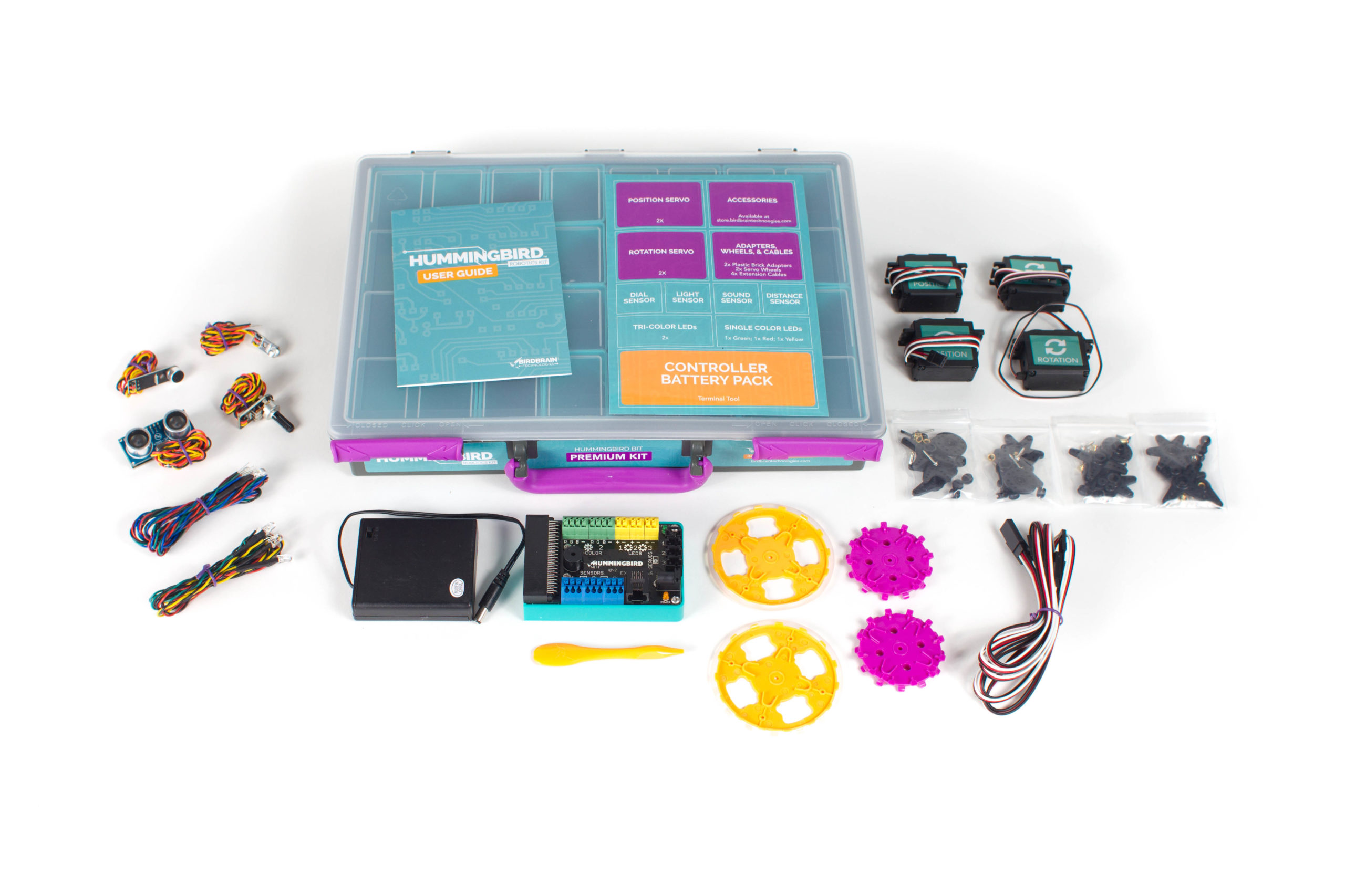
The Hummingbird Robotics Kit is an adaptable tool that introduces students to robotics, mechanical engineering, and coding. Designed for students of all ages, Hummingbird allows users to create custom robotic projects by combining sensors, motors, and programming.
By integrating coding with hands-on engineering, Hummingbird Kits help students develop computational thinking and problem-solving skills—key competencies for robotics, automation, and software development careers. With CTE and project-based applications, students gain experience in real-world engineering design, preparing them for careers in emerging technology fields. When used within a STEM curriculum, Hummingbird Kits provide structured learning pathways that align robotics with broader engineering and technology education.
4. Arkit: Exploring Architectural and Engineering Design
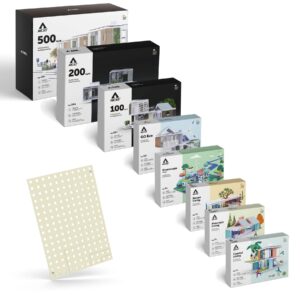
Arckit is an educational tool that introduces students to architecture and engineering design. Students can design and build detailed structures using modular components, learning about spatial awareness, load distribution, and structural integrity.
This hands-on exploration is an excellent entry point for students interested in careers in civil engineering, urban planning, and architecture. By working with Arkit, students develop an understanding of real-world engineering challenges while improving their ability to think critically and design creatively. Incorporating Arckit into a STEM curriculum provides continuity between classroom theory and practical engineering applications.
5. UBTech: AI and Robotics for Future Innovators
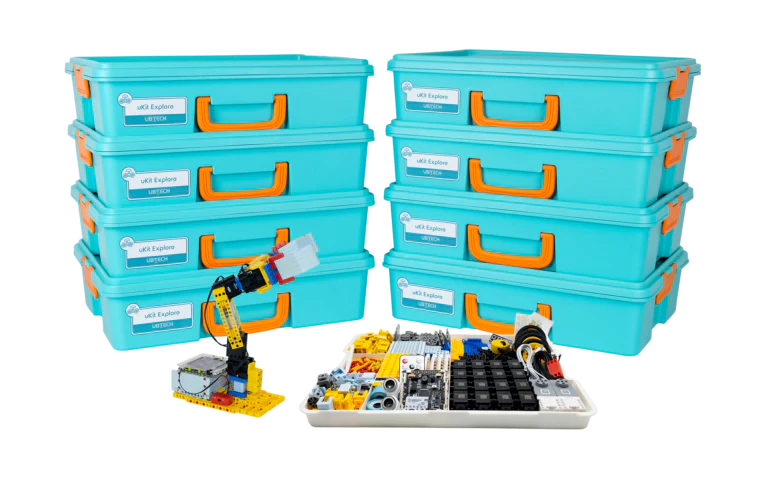
UBTech’s robotics kits offer an exciting way for students to engage with engineering, artificial intelligence, and automation. These kits allow students to design, build, and program humanoid and autonomous robots, fostering an understanding of robotics in various industries.
By working with UBTech’s AI-driven robotics kits, students gain insight into the role of automation in manufacturing, healthcare, and space exploration. These experiences help prepare students for robotics, software engineering, and artificial intelligence careers.
6. Piper: Hands-On Computer Science and Engineering
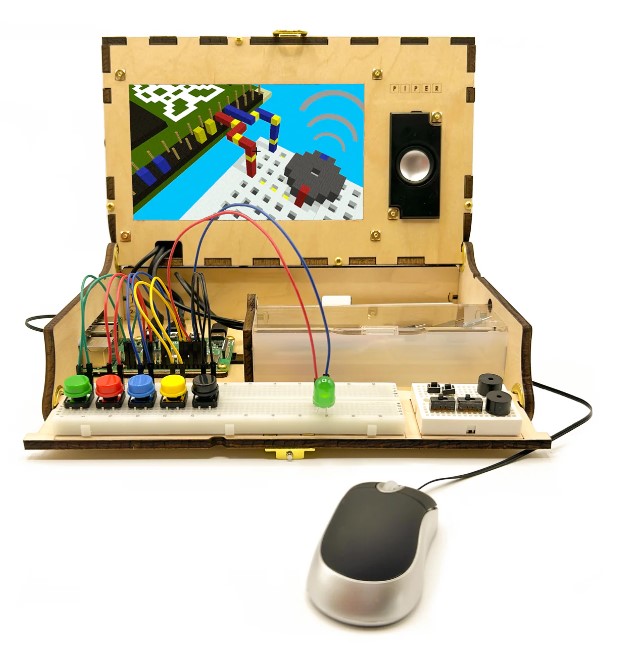
The Piper Computer Kit is a powerful tool that introduces students to computer engineering and coding. With Piper, students build their own functioning computer, learning about circuitry, programming, and hardware design along the way.
Piper provides an engaging entry point into computer science, cybersecurity, and hardware engineering careers. By assembling a real computer, students develop hands-on technical skills while strengthening their ability to troubleshoot and innovate—key skills in today’s technology-driven world.
Bridging the Gap Between Learning and Careers
Engineering education is about more than just learning concepts—it’s about applying them meaningfully to solve real-world problems. The products highlighted here provide students with engaging, hands-on experiences that introduce them to the fundamentals of engineering while also helping them explore potential career paths.
Educators can inspire the next generation of engineers, designers, and innovators by integrating engineering tools like Lectec, Strawbees, Hummingbird, Arkit, UBTech, and Piper into K-12 classrooms and CTE programs. As students build, design, and problem-solve, they gain the confidence and skills needed to succeed in engineering careers and beyond.
Whether designing sustainable vehicles, coding robotics, or constructing architectural models, engineering education opens doors to limitless possibilities—turning today’s students into tomorrow’s innovators.


